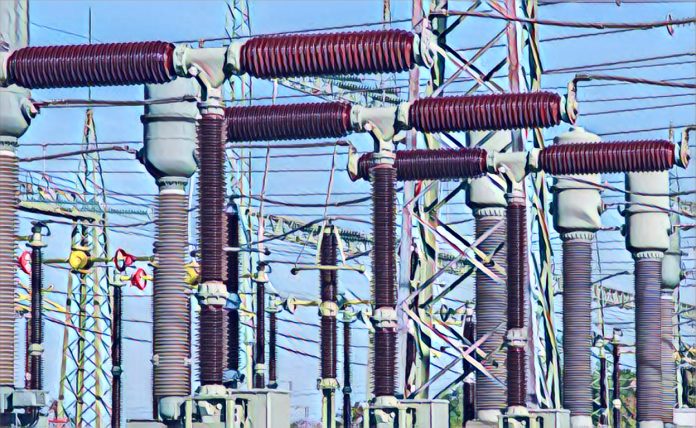The Abuja Electricity Distribution Company (AEDC) has issued a stern warning to the Presidential Villa and 86 other Federal Government Ministries, Departments, and Agencies (MDAs), stating it will disconnect their electricity supply due to an outstanding debt of N47.195 billion as of December 2023. This drastic step underscores the growing tension between utility providers and government bodies over unpaid utility bills in Nigeria’s capital.
Among those on the list of debtors are high-profile entities including the Chief of Defence Staff – encompassing Barracks and Military Formations with a whopping N12 billion debt – and key ministries such as Finance, Health, Education, and Agriculture. The Federal Inland Revenue Service, Central Bank of Nigeria (CBN) governor’s office, and the Ministry of Foreign Affairs, along with other vital departments, also find themselves facing potential disconnection.
The AEDC, in a report shared with The PUNCH, has expressed its frustration over repeated failed attempts to collect the overdue payments, stating, “Our previous attempts to make them honour their obligations have not achieved the desired results.” Consequently, a 10-day notice has been issued to the indebted MDAs, giving them until February 28, 2024, to settle their accounts or face disconnection.
This move comes despite the Federal Executive Council’s 2019 approval of the inclusion of the presidential villa in the eligible customer policy, which was intended to ensure uninterrupted power supply to the villa. The policy permits electricity customers to buy power directly from Generation Companies (GenCos), bypassing the Distribution Companies (DisCos), with the aim of utilizing unutilized 2000 megawatts (MW) from the GenCos to targeted metered customers.
The project, set to be executed by Messrs Dextron Engineering Limited under the Distribution Expansion Programme, promised a completion period of six months. It aimed at securing a dedicated power supply to the Presidential Villa from the National Grid, with North-South Power Company Limited procuring the supply and AEDC facilitating the project’s success.
The situation highlights the broader challenges within Nigeria’s power sector, where erratic supply persists despite available generation capacity. It also reflects the ongoing struggle to improve electricity distribution and the financial sustainability of the country’s power infrastructure.
As the deadline approaches, the affected MDAs are urged to address their debts to avoid a blackout that could hinder the functioning of crucial government operations. The potential disconnection underscores the need for better financial management and accountability within government entities, as well as the importance of ensuring that essential services remain uninterrupted.



